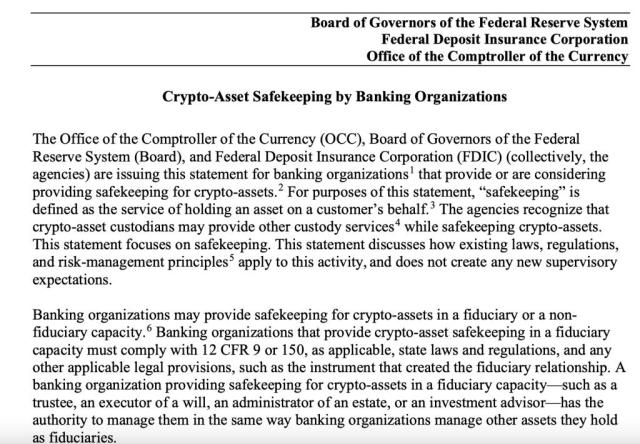Judge Girish Kathpalia believes that cryptocurrency transactions transform official currency into an anonymous, untraceable monetary flow, threatening India's economic stability.
The level of legal warning about cryptocurrency in India continues to escalate as the Delhi Supreme Court issued a strong statement that crypto assets threaten national monetary stability. Judge Girish Kathpalia declared that cryptocurrency transactions can dissolve official monetary instruments into an anonymous, unidentified, and untraceable monetary system, causing serious concerns at the systemic economic level.
The ruling was made during the process of denying bail to an entrepreneur accused of corruption involving crypto assets. The court emphasized the severity of the accusations, especially considering the previous record involving 13 similar cases. The judge warned: "Transactions using cryptocurrency have profound implications for the national economy, as it dissolves recognized currency into an obscure, unidentified, and untraceable monetary flow."
The court's argument reflects the increasingly growing legal uncertainty towards crypto's potential to disrupt the system. Viewing digital assets as a financial risk rather than a neutral tool indicates potential policy shifts that could affect future law enforcement measures. The accused's serious violation history further increases the court's concerns, reinforcing the view that crypto-related fraud is increasingly prevalent.
Cautious Policy Amidst Legal Vacuum
Currently, India lacks a specific legal framework for cryptocurrency, but the government's policy demonstrates a cautious stance. Crypto trading and holding are legal, but not recognized as a legal payment method. Recently, the Indian Supreme Court harshly criticized the government for not issuing regulations on crypto, even comparing uncontrolled bitcoin transactions to a "sophisticated Hawala system" - referring to an informal and non-transparent money transfer system.
The government has applied a 30% capital income tax and a 1% tax deduction at source (TDS), while requiring exchanges to register with the Financial Intelligence Unit (FIU). Finance Minister Nirmala Sitharaman has repeatedly emphasized the necessity of global cooperation in establishing crypto asset management rules, a topic India strongly promotes during its G20 presidency.
The language used by the court reflects a policy trend shifting towards tightening oversight of this technology within national legal and management frameworks. Meanwhile, the Bybit exchange has begun applying an 18% Goods and Services Tax (GST) on services and transaction fees related to crypto assets in India.





